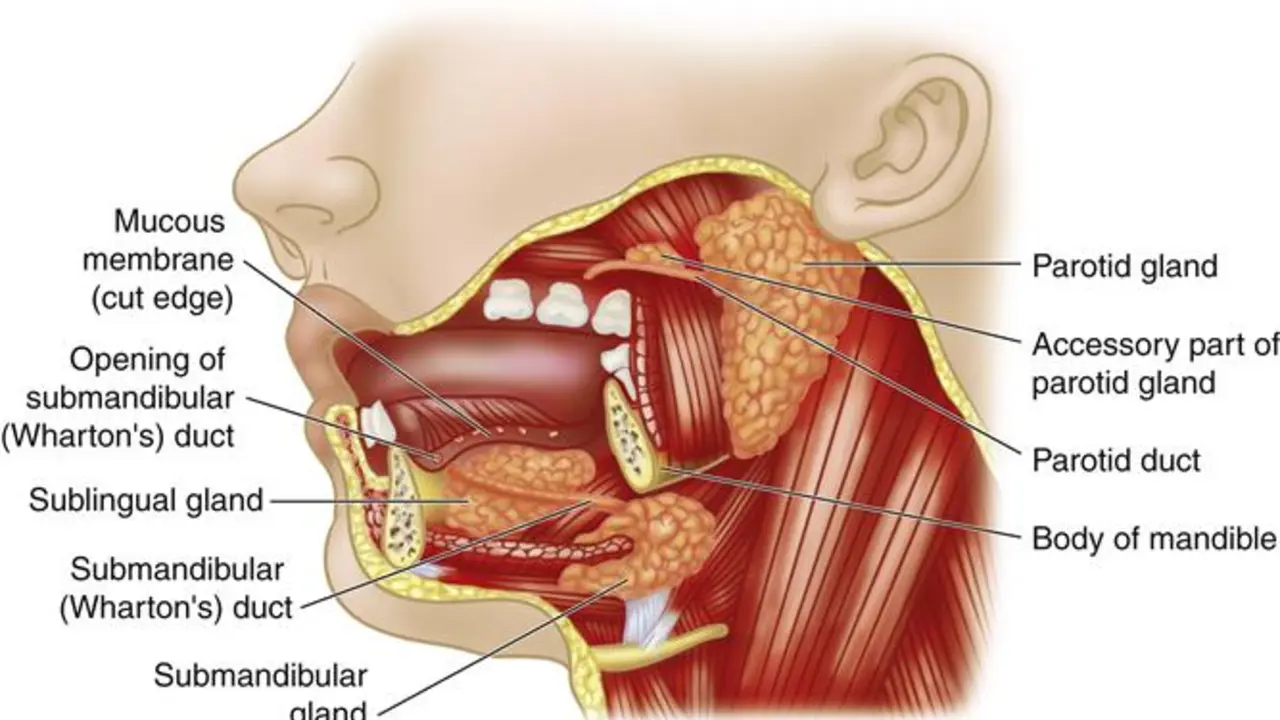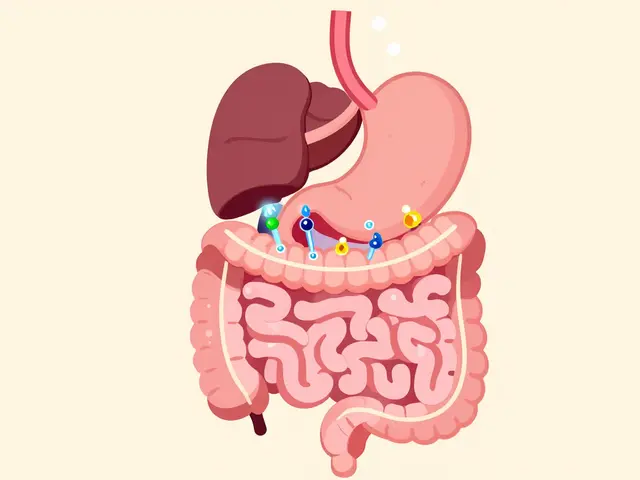Pharyngeal Mucous Membranes Explained – Quick Guide for a Happier Throat
Ever wonder why your throat feels raw after a cold or why a dry room makes you cough? It’s the pharyngeal mucous membranes doing their job. They line the back of your throat, keep it moist, trap germs, and help you breathe and swallow without pain.
These thin layers are made of cells that secrete mucus – a slippery fluid that catches dust, bacteria, and viruses. When the membrane works well, you barely notice it. Trouble shows up as soreness, hoarseness, or a constant need to clear your throat.
Why the Pharyngeal Mucous Membrane Matters
First, it protects the airway. By catching irritants, the mucus prevents them from reaching the lungs where they could cause infections. Second, it supports your voice. A well‑lubricated throat lets your vocal cords vibrate smoothly, so you can talk, sing, or shout without strain.
Third, it aids digestion. Swallowing food and liquids requires a smooth surface; otherwise you risk choking or feeling a scratchy burn. Finally, the membrane signals problems early – a sore throat often means it’s fighting off something, giving you a chance to act before a full‑blown infection.
Simple Ways to Keep Your Pharyngeal Mucous Membranes in Shape
1. Stay hydrated. Water thins mucus, making it easier to clear. Aim for at least eight glasses a day, more if you exercise or live in a dry climate.
2. Humidify indoor air. Using a small humidifier, especially at night, adds moisture to the air and reduces irritation.
3. Limit irritants. Smoke, strong fragrances, and excessive alcohol dry out the lining. Cut back or avoid them when you can.
4. Watch your diet. Spicy or acidic foods can irritate the throat temporarily, while probiotic‑rich foods like yogurt help maintain a balanced oral microbiome that supports membrane health.
5. Practice good vocal hygiene. If you talk a lot, take short breaks, speak at a comfortable volume, and avoid whispering – it actually strains the throat more.
6. Gargle with salt water. A quick 30‑second rinse a few times a day reduces swelling and clears mucus buildup.
7. Get enough sleep. Rest boosts the immune system, helping the membrane repair itself after daily wear and tear.
When you follow these habits, you’ll notice fewer sore throats, less coughing, and a smoother voice. If symptoms linger for more than a week, it’s wise to check with a health professional – persistent irritation could signal an infection or allergy that needs treatment.
On this tag page you’ll also find articles about related topics like skin care (tretinoin strength), erectile health (Caverta), and medication safety. Browsing them can give you a broader view of how different parts of your body work together and how to stay safe when buying meds online.
Bottom line: your pharyngeal mucous membranes are the unsung heroes of breathing, speaking, and swallowing. Treat them with water, clean air, and a little TLC, and they’ll keep you feeling clear‑voiced and comfortable all day long.
Welcome to my latest post where I delve into the fascinating connection between the health of our pharyngeal mucous membranes and bad breath. You'll be amazed to find out just how closely related these two seemingly unconnected oral health aspects can be. If you've ever wondered why certain conditions cause bad breath or halitosis, you're in the right place. Get ready, we're about to get to the bottom of this intriguing health topic!
Categories
Archives
Recent-posts
Age-Related Macular Degeneration: How Central Vision Loss Happens and How Anti-VEGF Treatments Help
Jan, 12 2026



 Medications
Medications




